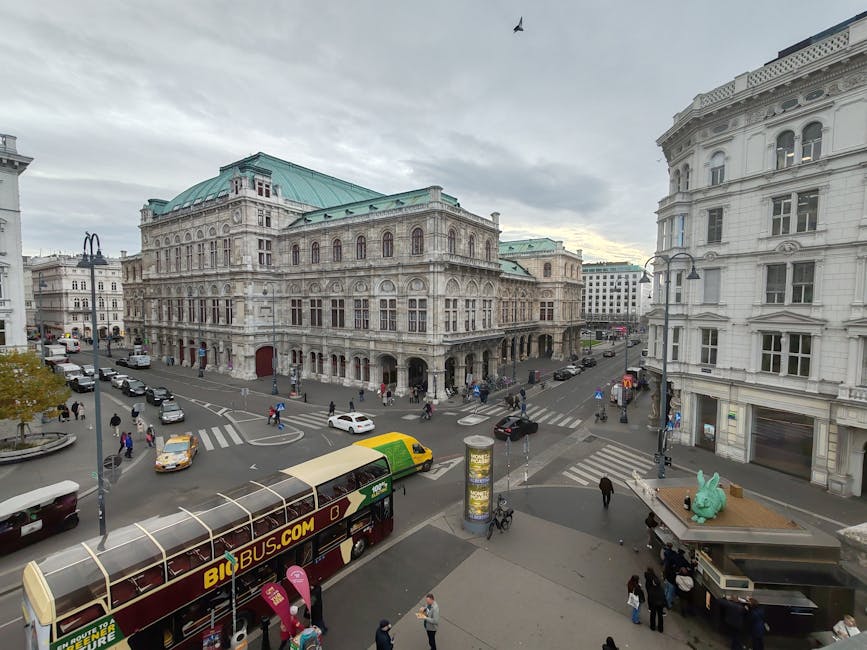In recent months, the Anti-Defamation League (ADL), a leading Jewish advocacy organization committed to fighting antisemitism and hate, has faced significant criticism from the MAGA (Make America Great Again) movement and its supporters. This backlash highlights the complex intersection of politics, free speech, and the battle against extremism in today’s polarized climate.
The ADL’s Mission and Recent Actions
Founded in 1913, the ADL has been a cornerstone in combating antisemitism, bigotry, and discrimination. It monitors hate groups, educates the public, and advocates for policies to protect marginalized communities. However, its increased focus on far-right extremism—particularly within the political sphere—has sparked controversy.
The ADL has labeled certain conservative figures, media outlets, and organizations as purveyors of hate or extremism. This includes criticism of former President Donald Trump and his allies, whom the ADL accuses of using rhetoric that emboldens white supremacists and antisemites. The organization has also highlighted incidents like the 2017 “Unite the Right” rally in Charlottesville, Virginia, where white nationalists chanted antisemitic slogans.
MAGA’s Criticism of the ADL
MAGA supporters have pushed back against the ADL’s accusations, viewing them as politically motivated. Critics argue that the organization unfairly targets conservatives and equates legitimate political discourse with extremism.
A key point of contention is the ADL’s “Hate, Extremism, Antisemitism, Terrorism (HEAT) Map,” which tracks hate incidents across the U.S. Critics claim the map disproportionately highlights right-wing incidents while ignoring those linked to the left, accusing the ADL of partisan bias.
Additionally, the ADL’s collaborations with tech companies to combat online hate speech have drawn criticism. Conservatives argue these partnerships lead to censorship of their voices on social media, further fueling perceptions of the ADL as a liberal-aligned organization.
The Broader Debate Over Free Speech and Extremism
The ADL–MAGA tension reflects a wider national debate over free speech and extremism. While the ADL asserts its efforts are vital to combating hate, critics argue its approach risks silencing free expression and demonizing political opponents.
This debate is especially charged in the context of antisemitism, which has seen a troubling resurgence. The ADL’s 2023 report documented a record number of antisemitic incidents, underscoring the need for action. However, its methods have become a flashpoint in the culture wars, with some accusing the organization of politicizing the fight against antisemitism.
The ADL’s Response
The ADL has defended its work, emphasizing its nonpartisan mission to protect Jewish and marginalized communities. CEO Jonathan Greenblatt has called for unity in addressing extremism, urging Americans to move beyond partisan divides.
A Polarized Landscape
The backlash against the ADL highlights America’s deep political polarization. The organization faces the challenge of maintaining credibility while addressing accusations of bias. Meanwhile, MAGA’s criticism reflects growing distrust of institutions perceived as aligned with the left.
Ultimately, the controversy raises critical questions about how society defines and addresses hate. As the debate continues, the fight against antisemitism and extremism remains urgent—but the path forward is fraught with challenges in an increasingly divided nation.




